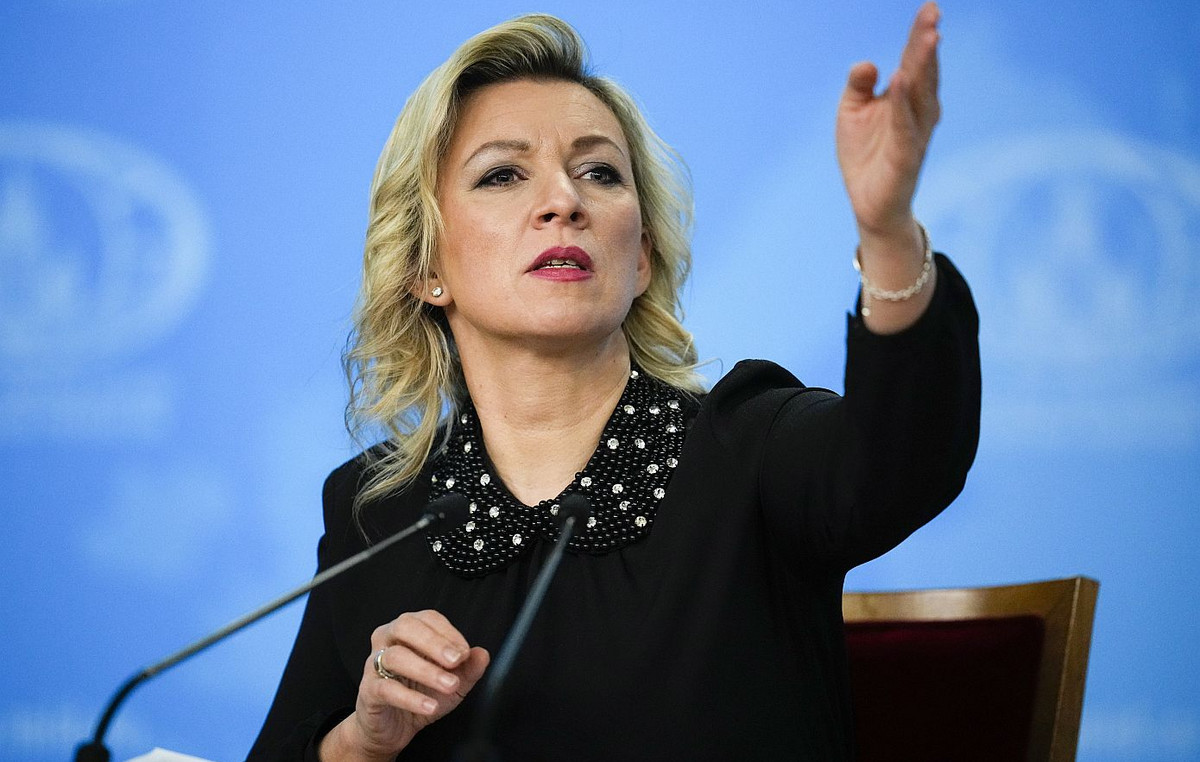Pulp and paper producer Klabin recorded net income of R$ 875 million in the first quarter of 2022, up 108% over the same period last year, as higher prices passed on to customers offset losses with exchange rates, lower volume of sales and supply chain impacts.
The operating result measured by adjusted earnings before interest, taxes, depreciation and amortization (Ebitda) was R$1.726 billion in the period, an increase of 38% on an annual basis and which excludes a positive non-recurring effect of R$20 million in the first quarter last year.
Analysts consulted by Refinitiv expected, on average, an Ebitda of R$ 1.748 billion.
The company’s net revenue advanced 28% between January and March against a year earlier, to R$ 4.4 billion, although the gross sales volume has fallen 1% in the interval.
“Price readjustments carried out in all businesses over the last few quarters made it possible to offset the negative impact of the appreciation of the real against the dollar on exports, leading to strong growth in net revenue in the first quarter of 2022,” Klabin said in the statement. of results.
The effects of higher prices should continue to benefit the company, given that Klabin recently announced an increase in hardwood pulp prices to customers in China as of May, while at the end of March and beginning of April there was a general upward adjustment in its products to Asia and Europe.
With higher prices, Klabin’s recurring adjusted Ebitda margin rose from 36% to 39% year-on-year, but fell compared to the 41% recorded in the fourth quarter.
The trend of improvement in the annual basis and decrease in the quarterly comparison is seen throughout Klabin’s balance sheet, with net income falling 17% compared to the immediately previous three months, due to lower sales volume, net revenue and margins.
Among the operational data, the company’s total production in tonnes rose 5% in the three months ended in March compared to the same stage in 2021, with a 20% increase in the paper business, offsetting a 14% drop in pulp due to the maintenance stoppage. of the Puma unit.
The 1% decrease in total sales volume, excluding wood, is due to declines of 11% each in pulp and packaging, while paper rose 24%. Klabin stated that part of the sales was left for the current quarter because of “logistic bottlenecks”.
The macroeconomic situation and global logistical difficulties also impacted the company’s total cash cost, which includes cost of goods sold and administrative and selling expenses.
The indicator advanced 22% in the first quarter against the previous year, due to factors such as rising raw material prices and freight prices, but remained stable from October to December.
Leverage measured by the net debt/Ebitda ratio fell to 2.7 times in US dollars, from 4 times a year earlier and 2.9 times in the immediately preceding quarter, due to the increase in Ebitda.
Source: CNN Brasil
I am Sophia william, author of World Stock Market. I have a degree in journalism from the University of Missouri and I have worked as a reporter for several news websites. I have a passion for writing and informing people about the latest news and events happening in the world. I strive to be accurate and unbiased in my reporting, and I hope to provide readers with valuable information that they can use to make informed decisions.







